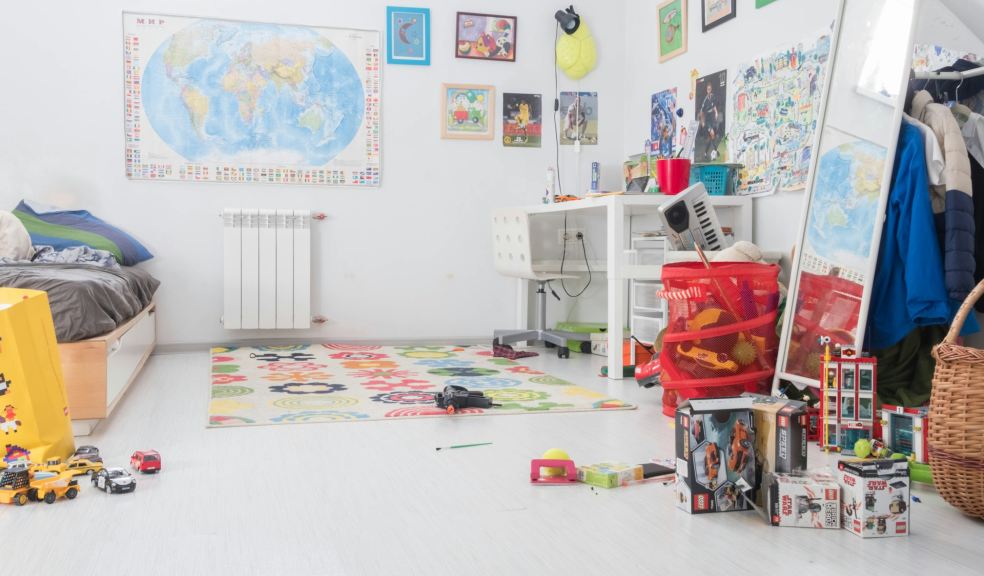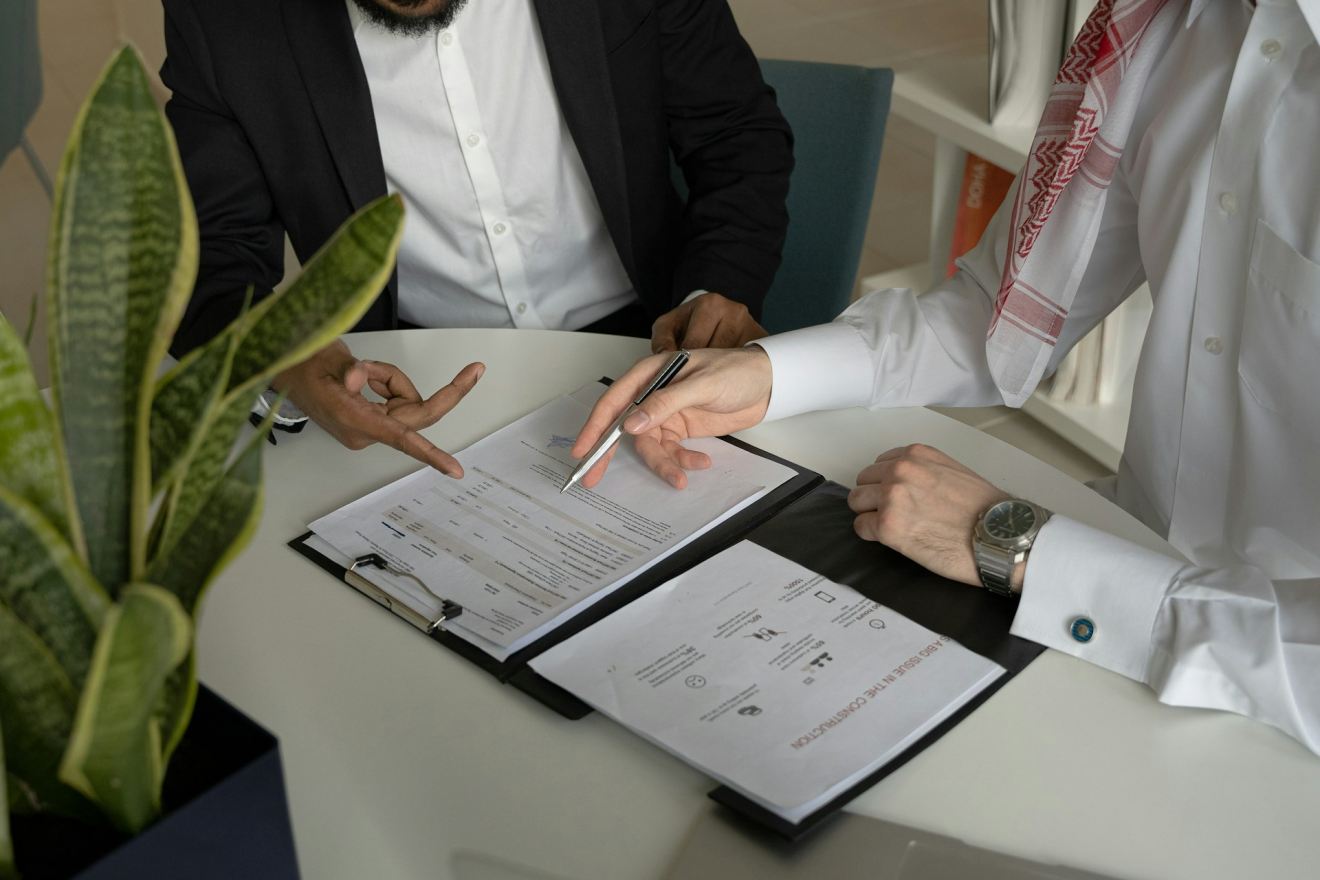
Knowing your rights regarding child maintenance in the UK
It’s never easy splitting up with a spouse. Even if it’s a decision that’s right for both parties, there’s still plenty of other hurdles to overcome, especially when kids are involved too.
On top of all the emotional stress, child maintenance is one of the most important practical aspects to get right. Navigating the child maintenance system in the UK is vital to ensure you and your children get the funds needed to give them the best possible start in life.
Who is entitled to child maintenance?
Child maintenance is a form of financial support that covers the costs of raising your children. When one parent lives away from them and the other lives with them full time, the former commits to paying a percentage of the kids’ costs. This includes everyday costs like groceries, clothing, school supplies and even accommodation.
The amount of child maintenance is linked to the paying parent’s pre-tax gross income. Historically, it’s amounted to 12% of gross weekly income if it’s one child to care for, 16% for two children and 19% for three or more children.
How is it arranged?

It’s possible to arrange child maintenance via mutual agreement between partners. If an agreement can’t be reached, it’s best to begin proceedings via the Child Maintenance Service (CMS). Providing you’re still on reasonable terms, it can be easier for all concerned to mutually agree on a figure that covers all necessary childcare costs.
However, if things are tense and payments are unlikely to be well-received or consistent, the CMS can help to enforce the whole process. An application via the CMS will require you to do your homework by supplying basic data on each parent and the children linked to the relationship. The CMS platform will display how much should be paid weekly or monthly.
Is child maintenance different to spousal maintenance?
On the flip side, spousal maintenance is a financial provision made by one ex-partner to the other as part of divorce proceedings, aimed at supporting the financially weaker spouse. It can be agreed voluntarily and approved by the court, or ordered by the court when necessary. Spousal maintenance is more common after long-term marriages or when there is a significant difference in income or earning capacity. It is not an automatic right and must be applied for during the divorce process, with courts assessing both need and ability to pay. While a solicitor is not legally required, professional legal advice is strongly recommended.
What happens if your ex stops paying?
If you encounter issues with your ex not paying childcare maintenance frequently, the CMS can step in. The CMS has the legal right to take funds from your ex-partner’s salary, deduct funds from their bank account(s) or take court action if needed to get the right result for you and your kids.
Even if you initially had a private, informal arrangement that’s broken down, you can still turn to the CMS for more formal enforcement of the rules.
Ultimately, it’s all about knowing your tights and getting the right support for your little ones. It can make all the difference when it comes to giving them the best start in life. They deserve to be supported by both parents, both financially and emotionally.
For further reading around the subject, check out:
- Understand more about the Child Maintenance Service.
- Discover true cost of kids going to school each year.











